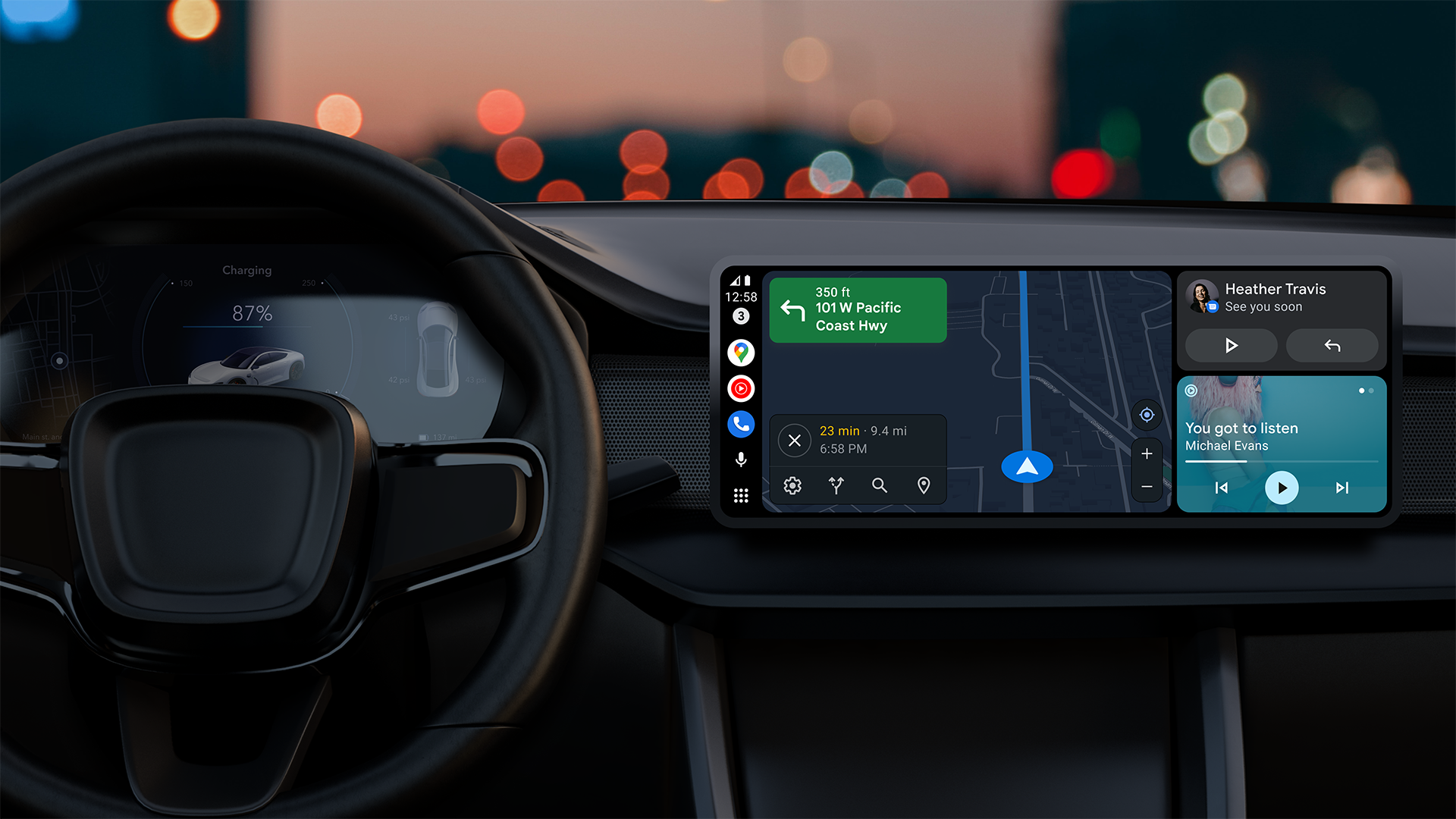Affiliate links on Android Authority may earn us a commission. Learn more.
US court rules your cars can legally store and share your texts and call logs

- A US court has rejected an appeal in a privacy suit against several automakers.
- The complaint alleged that car infotainment systems illegally store text messages and call logs from a connected smartphone, with no way for users to delete them.
- The court has said this practice by car makers is legal because the privacy violation is potential but not necessarily actual.
A US court has ruled that infotainment systems in cars can legally store and transmit text messages and call logs from your phone, even if you delete them from your device.
The Washington appeals court decided last week (via The Register) that automakers like Honda, Toyota, Volkswagen, and General Motors did nothing wrong by storing messages and call logs from connected smartphones. The ruling comes in response to five class action lawsuits that were filed against the companies and dismissed earlier this year. The appeals court further rejected the demand to reopen the cases for continued investigation.
The allegations
As per the complaint against Honda, the infotainment system in its cars manufactured from 2014 onwards “stores each intercepted, recorded, and downloaded copy of text messages in non-temporary computer memory in such a manner that the vehicle owner cannot access it or delete it.”
“Even if the text message is deleted from the smartphone, the Honda vehicle retains a copy in on-board memory, even after the smartphone is disconnected,” the plaintiffs argued.
The same is the case for call logs, the complaint stated.
The concerns
This feels like a legitimate privacy concern, especially since users have no control over which messages and call logs get stored on the infotainment systems and the fact that they are unable to access and delete this personal data.
The complainants pointed to Maryland-based Berla Corporation, which manufactures equipment for Honda. They alleged that the company is “capable of extracting stored text messages from infotainment systems.” As per the suit, Berla’s software isn’t available to the public but is designed for use by law enforcement.
“Copies of text messages and call logs stored on Honda vehicles can be, and are, retrieved by unauthorized users of Berla’s equipment without any password, fingerprint, face image, or other security measures, thus bypassing any security measures Plaintiffs and class members employ to secure data on their phones,” the complaint alleged.
Long story short, as it stands now, it is legal for your car to “automatically and without authorization, instantaneously intercept, record, download, store, and be capable of transmitting” messages and call logs because, as per the latest decision, the privacy violation is potential, but the injury caused to the users is not necessarily actual.
The only way for these dismissed complaints to go forward is if an appeal is made in the Supreme Court. It’s unclear if the plaintiffs in all class actions plan to take their appeals further.